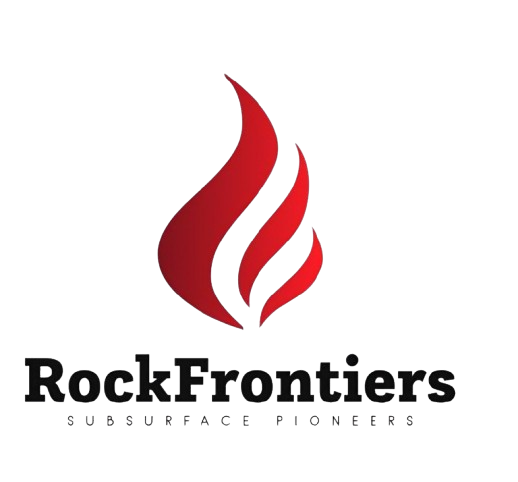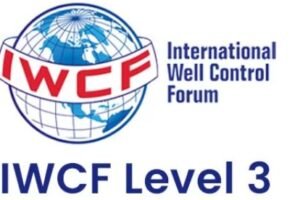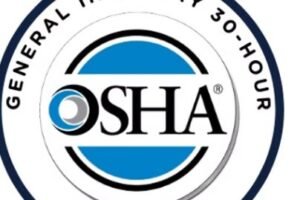🔥 Process Safety Management (PSM)
🌟 Course Description This intensive course provides in-depth knowledge of Process Safety Management (PSM) principles and implementation strategies. Participants will gain the tools to systematically identify, evaluate, and control process hazards in oil & gas, petrochemical, and chemical facilities, ensuring …
Overview
🌟 Course Description
This intensive course provides in-depth knowledge of Process Safety Management (PSM) principles and implementation strategies. Participants will gain the tools to systematically identify, evaluate, and control process hazards in oil & gas, petrochemical, and chemical facilities, ensuring safe and sustainable operations. The training aligns with OSHA 29 CFR 1910.119 and industry best practices, offering practical insights into preventing catastrophic incidents.
🎯 Learning Objectives
✅ Understand the regulatory and industry requirements for effective PSM
✅ Analyze process hazards using methods such as HAZOP, LOPA, and What-If
✅ Develop and implement key PSM elements: MOC, PHA, Mechanical Integrity
✅ Apply best practices for operating procedures, training, and contractor management
✅ Learn investigation techniques for incidents and near-misses
✅ Integrate risk management into daily operations
✅ Build a proactive safety culture and improve organizational resilience
👥 Who Should Attend
-
Process, safety, and production engineers
-
HSE professionals and safety managers
-
Plant and operations supervisors
-
Maintenance and reliability engineers
-
Project and design engineers
-
Anyone involved in managing process safety risks
🗂️ Training Format
✅ Short lectures with real industry examples
✅ Practical workshops on hazard analysis tools
✅ Group exercises on PSM elements implementation
✅ Video case studies of industrial incidents
✅ Q&A sessions with process safety experts
📅 Detailed Daily Agenda with Time Breaks
📅 Day 1: Introduction to Process Safety Management
| Time | Topic |
|---|---|
| 08:30 – 09:00 | Welcome, Introductions & Course Objectives |
| 09:00 – 10:30 | Overview of PSM Standards & Regulatory Frameworks |
| 10:30 – 10:45 | ☕ Coffee Break |
| 10:45 – 12:15 | Key Elements of OSHA PSM Standard (29 CFR 1910.119) |
| 12:15 – 13:15 | 🍽 Lunch |
| 13:15 – 14:45 | Process Safety Culture & Leadership |
| 14:45 – 15:00 | ☕ Coffee Break |
| 15:00 – 16:30 | Hazard Recognition Principles |
📅 Day 2: Process Hazard Analysis (PHA) Techniques
| Time | Topic |
|---|---|
| 08:30 – 10:00 | Hazard Identification Tools: HAZID, What-If |
| 10:00 – 10:15 | ☕ Coffee Break |
| 10:15 – 12:15 | HAZOP Methodology & Workshop |
| 12:15 – 13:15 | 🍽 Lunch |
| 13:15 – 14:45 | Layers of Protection Analysis (LOPA) |
| 14:45 – 15:00 | ☕ Coffee Break |
| 15:00 – 16:30 | Documenting & Communicating PHA Findings |
📅 Day 3: Key PSM Elements & Management Systems
| Time | Topic |
|---|---|
| 08:30 – 10:00 | Management of Change (MOC) Processes |
| 10:00 – 10:15 | ☕ Coffee Break |
| 10:15 – 12:15 | Mechanical Integrity: Inspection & Maintenance |
| 12:15 – 13:15 | 🍽 Lunch |
| 13:15 – 14:45 | Operating Procedures & Safe Work Practices |
| 14:45 – 15:00 | ☕ Coffee Break |
| 15:00 – 16:30 | Training & Contractor Safety Management |
📅 Day 4: Incident Investigation & Emergency Preparedness
| Time | Topic |
|---|---|
| 08:30 – 10:00 | Incident Investigation Techniques |
| 10:00 – 10:15 | ☕ Coffee Break |
| 10:15 – 12:15 | Learning from Major Accidents (Case Studies) |
| 12:15 – 13:15 | 🍽 Lunch |
| 13:15 – 14:45 | Emergency Response Planning & Coordination |
| 14:45 – 15:00 | ☕ Coffee Break |
| 15:00 – 16:30 | Auditing & Continuous Improvement in PSM Systems |
📅 Day 5: Integrating PSM into Operations & Wrap-Up
| Time | Topic |
|---|---|
| 08:30 – 10:00 | Integrating PSM with Operational Excellence |
| 10:00 – 10:15 | ☕ Coffee Break |
| 10:15 – 12:15 | Developing Effective Safety Performance Metrics |
| 12:15 – 13:15 | 🍽 Lunch |
| 13:15 – 14:45 | Building a Proactive Safety Culture |
| 14:45 – 15:00 | ☕ Coffee Break |
| 15:00 – 16:30 | Final Q&A, Action Plans, Certificates Distribution |
📦 Materials Provided
✅ Comprehensive course manual & slides
✅ Hazard analysis worksheets and templates
✅ Case study videos of industrial incidents
✅ Certificate of Completion
Target audiences
- Reservoir Engineers, Geologists
You May Like
📘 Underbalanced Drilling (UBD) Techniques and Safety
🎯 Course Description: This intensive 5-day program focuses on Underbalanced Drilling (UBD) – an advanced technique used to drill wells where the hydrostatic pressure of the fluid is intentionally kept below formation pressure. Participants will learn how to implement UBD …
📘 IOSH Managing Safely
🎯 Course Description: A practical, 5-day program designed to help managers and supervisors learn how to manage safety and environmental responsibilities in their teams. Emphasis is placed on identifying risks, measuring performance, and leading safely using internationally recognized good practices. …
📘 IWCF Level 3 Well Control (Surface BOP)
🎯 Course Description: This is an intensive course aimed at drilling / well service personnel needing to gain supervisory competence in well control using surface blow‑out preventers (BOP) under the IWCF standard. It covers theory, hands‑on practice, and assessments for …
Advanced Specialist Petroleum GeoMechanics
📘 Course Description: This elite-level course is tailored for petroleum geomechanics specialists and senior subsurface professionals engaged in complex field development projects. It provides a deep technical dive into stress modeling, anisotropic rock behavior, coupled geomechanical-reservoir simulation, fault/fracture mechanics, and …
📘 OSHA 30‑Hour General Industry Safety and Health
🎯 Course Description: This 5‑day course provides in‐depth knowledge of workplace safety and health in general industry sectors. It covers OSHA regulations, hazard recognition, safety programs, and industry best practices. Participants will gain the expertise needed to maintain a safe …






